Matteo Baker's Email & Phone Number
25 Years of Executive Fitness Management - FEMA Contracted Disaster Relief Assistance - National Recruiting Specialist
Matteo Baker Email Addresses
Matteo Baker's Work Experience

WSP Inspection Service
QC/Supervisor Housing Inspections
November 2015 to Present


220 Fitness
Founder/CEO
June 2010 to June 2016

220 Fitness
Founder
June 2010 to June 2016
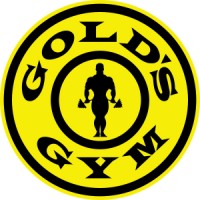


Gold's Gym International
GENERAL MANAGER
January 1996 to January 1999
Show more
Show less
Matteo Baker's Education
Inter-American University, Puerto Rico
InterAmerican University
January 1991 to January 1995
Inter-American University, Puerto Rico
Show more
Show less
Frequently Asked Questions about Matteo Baker
What is Matteo Baker email address?
Email Matteo Baker at [email protected], [email protected] and [email protected]. This email is the most updated Matteo Baker's email found in 2024.
What is Matteo Baker phone number?
Matteo Baker phone number is +1.3109805805.
How to contact Matteo Baker?
To contact Matteo Baker send an email to [email protected], [email protected] or [email protected]. If you want to call Matteo Baker try calling on +1.3109805805.
What company does Matteo Baker work for?
Matteo Baker works for WSP Inspection Service
What is Matteo Baker's role at WSP Inspection Service?
Matteo Baker is QC/Supervisor Housing Inspections
What industry does Matteo Baker work in?
Matteo Baker works in the Sporting Goods industry.
Matteo Baker Email Addresses
Find emails and phone numbers for 300M professionals.
Search by name, job titles, seniority, skills, location, company name, industry, company size, revenue, and other 20+ data points to reach the right people you need. Get triple-verified contact details in one-click.In a nutshell
Matteo Baker's Ranking
Ranked #552 out of 11,036 for QC/Supervisor Housing Inspections in Florida
Matteo Baker's Personality Type
Extraversion (E), Intuition (N), Feeling (F), Judging (J)
Average Tenure
2 year(s), 0 month(s)
Matteo Baker's Willingness to Change Jobs
Unlikely
Likely
Open to opportunity?
There's 91% chance that Matteo Baker is seeking for new opportunities











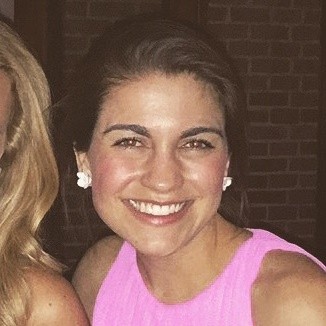


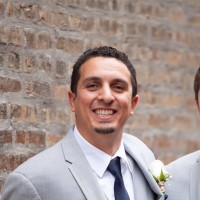

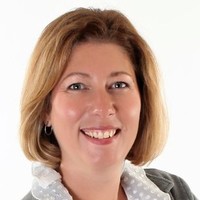


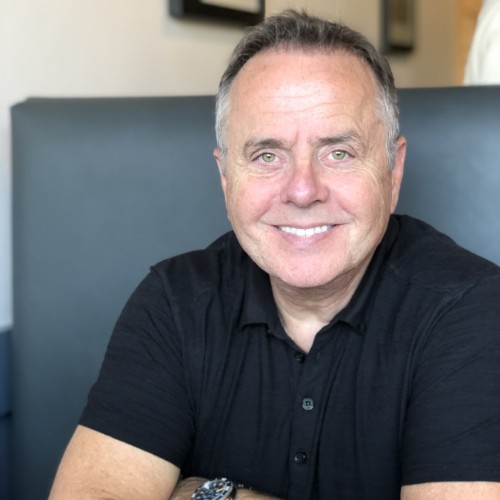










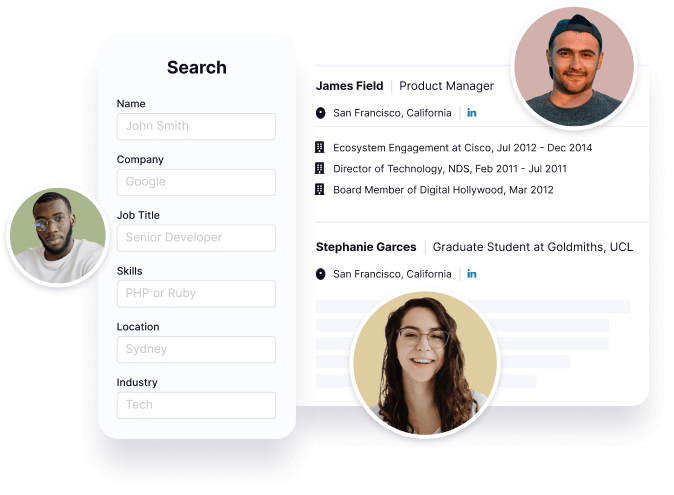
Matteo Baker's Social Media Links
/in/matteobaker88